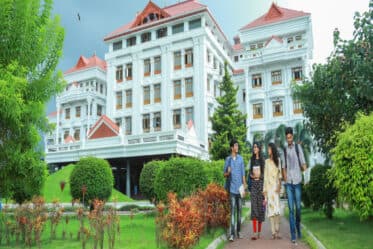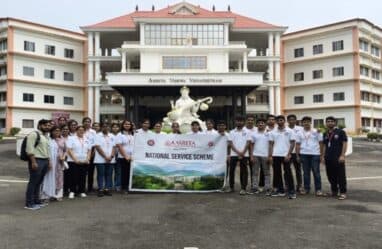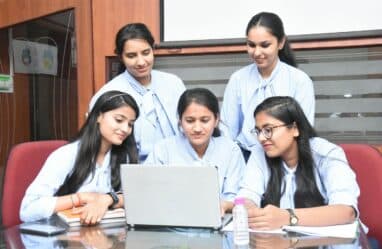AIMPLB Urges Uttar Pradesh CM to Revoke Mandate on Madrassa Student Transfers
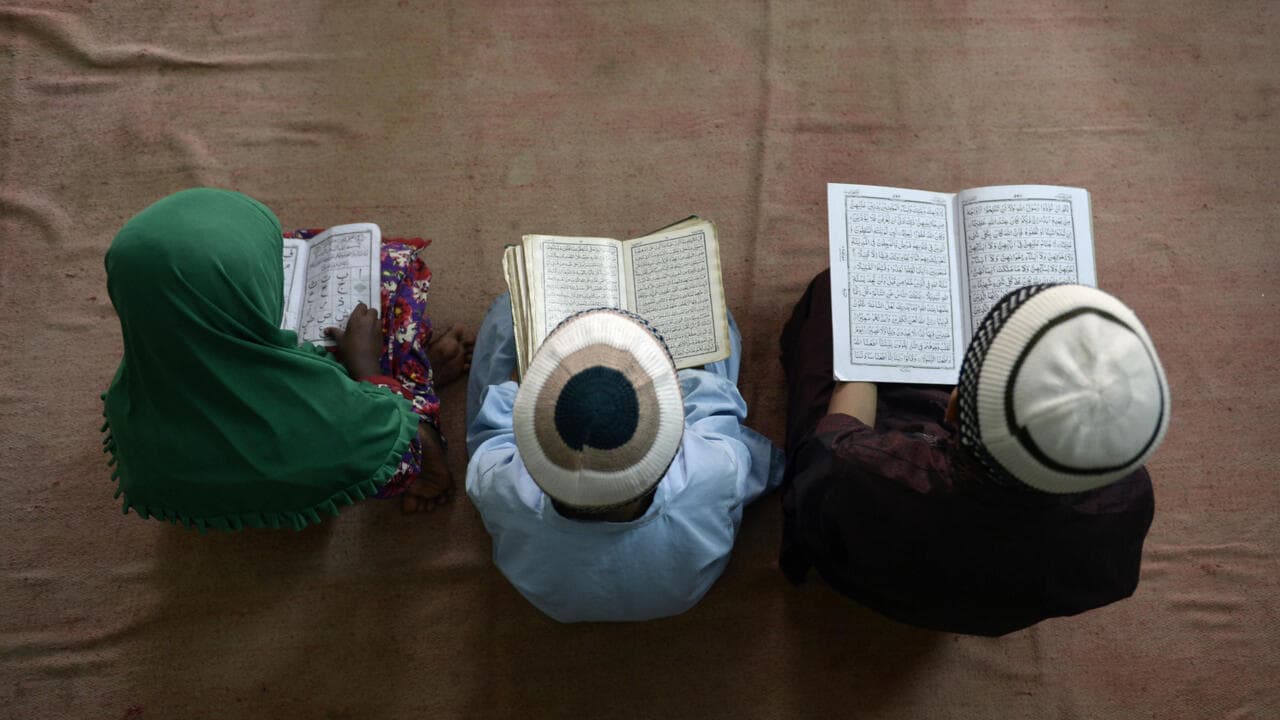
The All India Muslim Personal Law Board has sought to withdraw the ruling mandating 8,449 madrassas to admit their kids to schools. The All India Muslim Personal Law Board (AIMPLB) has requested the withdrawal of the Uttar Pradesh government’s directive requiring 8,449 unrecognized madrassas to transfer their students to state-run schools. The AIMPLB delegation met with Chief Minister Yogi Adityanath to discuss the issue.
Also Read: CUET UG 2024 Results Announced; Delhi University and JNU to Commence Second Admission Phase

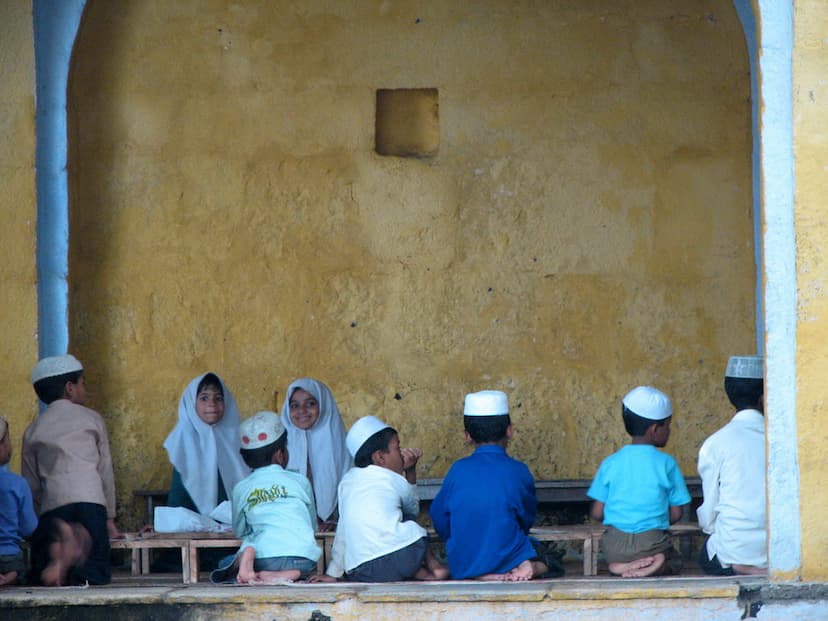
All India Muslim Personal Law Board (AIMPLB) met with Uttar Pradesh Chief Minister Yogi Adityanath
On Tuesday, a delegation from the All India Muslim Personal Law Board (AIMPLB) met with Uttar Pradesh Chief Minister Yogi Adityanath to request the withdrawal of a recent government mandate. The directive in question requires 8,449 unrecognized madrassas in Uttar Pradesh to transfer their students to state-run schools. Led by the board’s general secretary, Maulana Fazlur Rahman Mujaddidi, the delegation expressed concerns over the constitutional rights of minorities to manage their educational institutions. The meeting highlighted objections to the directive issued by the state’s former Chief Secretary Durga Shankar Mishra and the National Commission for the Protection of Child Rights (NCPCR).
On Tuesday, a delegation from the All India Muslim Personal Law Board (AIMPLB) met with Uttar Pradesh Chief Minister Yogi Adityanath and urged that a government decision mandating the transfer of all students from unrecognised madrassas to state-run institutions be withdrawn. Maulana Khalid Rasheed Farangi Mahali, who attended the meeting at the chief minister’s official residence, told PTI that the team was led by the board’s general secretary, Maulana Fazlur Rahman Mujaddidi.
The delegation objected to the state government’s notice to 8,449 madrassas in Uttar Pradesh, based on which the district administration is asking these madrassas to accept children to basic education schools. The delegation criticized the order issued by the state’s then-Chief Secretary Durga Shankar Mishra on June 26 as violating the Constitution, which grants minorities the right to construct and administer educational institutions of their choosing. Similarly, madrassas and vedic paathshalas are exempted from the Right to Education Act 2009.

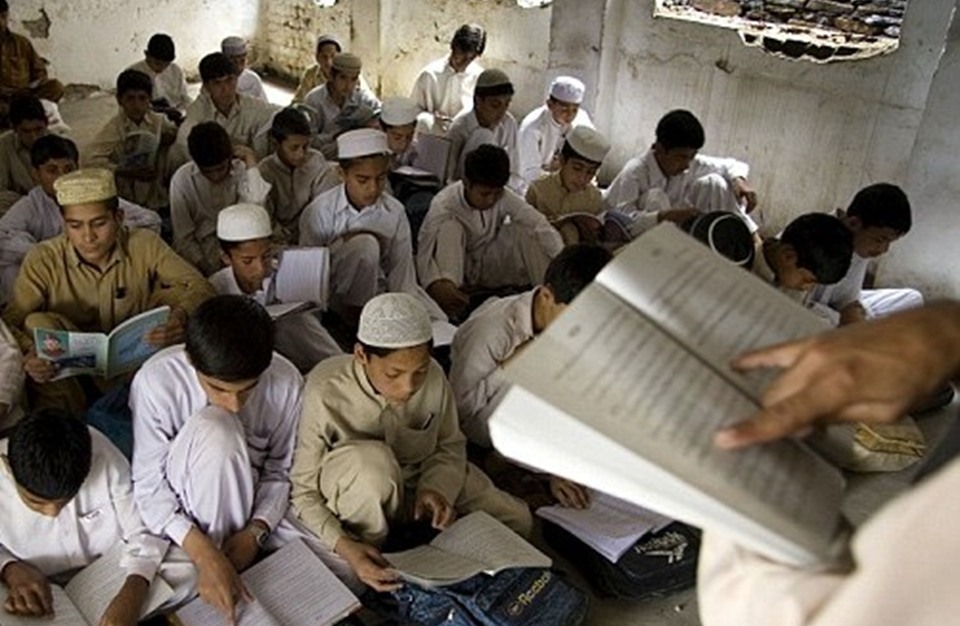
The Board also strongly opposed the letter sent by the National Commission for the Protection of Child Rights to the state’s Chief Secretary on June 7, he stated. “The chief minister has assured that he will look into the matter,” Farangi Mahali stated. In an order dated June 26 and delivered to all district magistrates in Uttar Pradesh, the then-chief secretary, Durga Shankar Mishra, cited a letter from the National Commission for Protection of Child Rights (NCPCR) dated June 7. The letter mandated that all non-Muslim pupils enrolled in government-funded madrassas be accepted to Basic Education Council schools to receive formal education.

The letter also stated that all children studying in the state’s madrassas that the Uttar Pradesh Madrasa Education Council does not recognise shall be admitted to council schools. It recommended that district magistrates organize committees at the district level to carry out the full process. UP has around 25,000 madrassas. Of them, 16,000 madrassas are government-recognised, with 560 being government-aided.
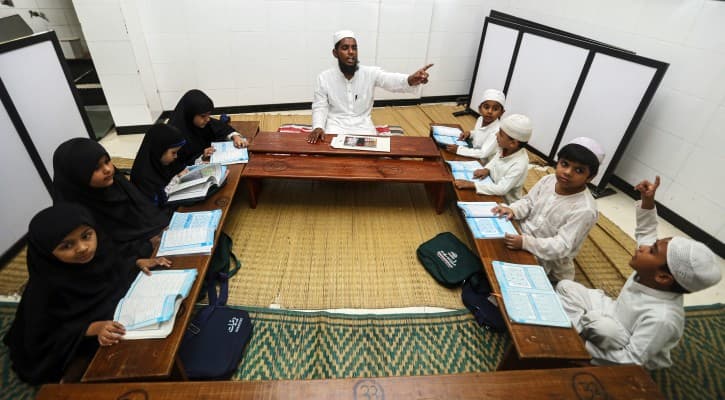
Conclusion
The meeting between the AIMPLB delegation and Chief Minister Yogi Adityanath underscores a significant debate regarding the rights of minority educational institutions in Uttar Pradesh. The AIMPLB’s strong opposition to the directive reflects broader concerns about constitutional rights and the autonomy of religious schools. The Chief Minister’s assurance to look into the matter brings hope for a reconsideration of the mandate. The outcome of this dialogue will be crucial in determining the future of unrecognized madrassas and their students in the state.
Vani Jha is a creative content writer with over 2 years of experience in producing engaging, informative, and well-researched content across various domains. Her expertise lies in SEO, research, editing, and content and copywriting. With a proven track record in enhancing online presence and audience engagement, Vani excels in crafting compelling articles, blogs, and other written materials.

